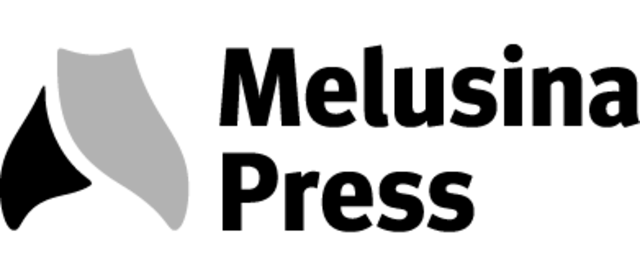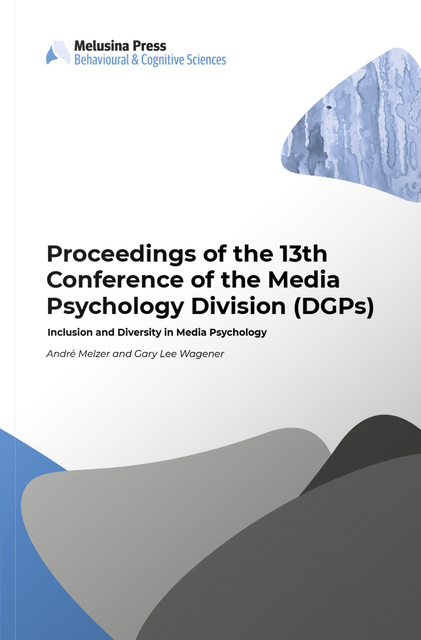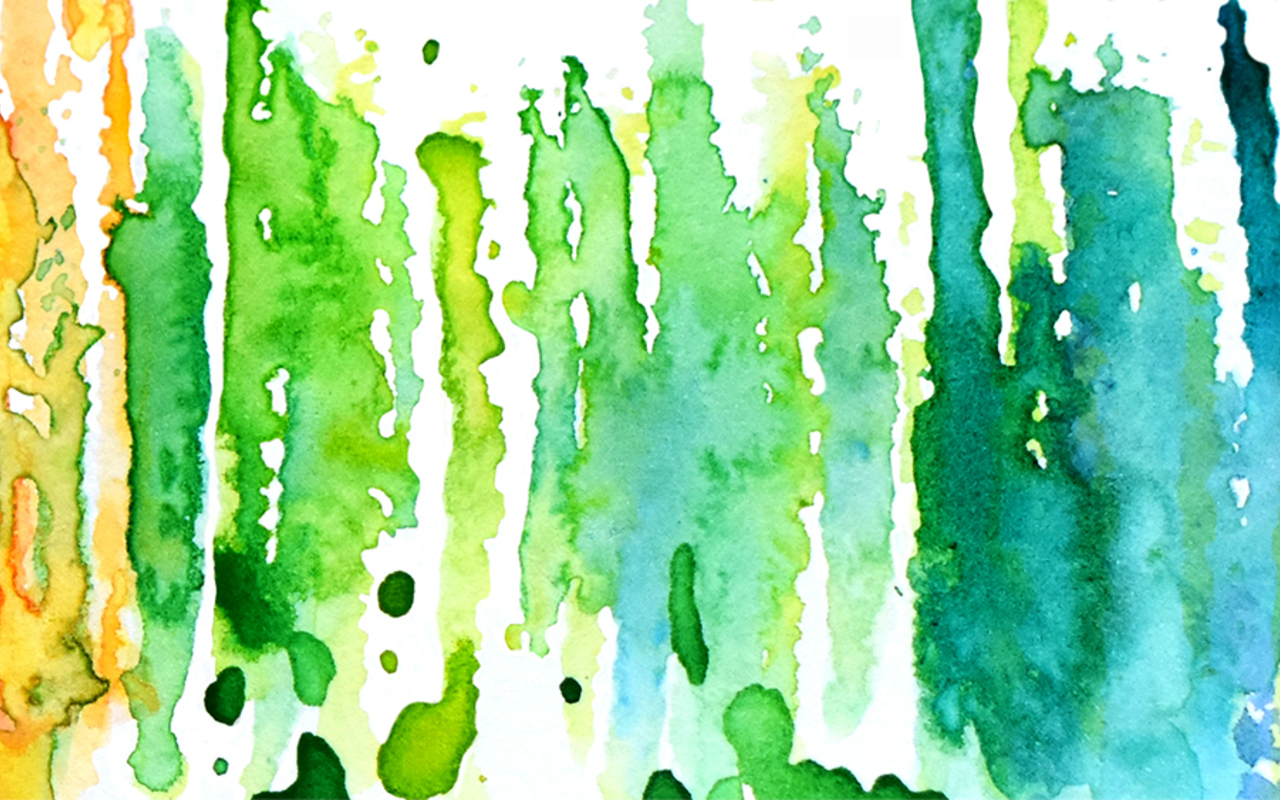Proceedings of the 13th Conference of the Media Psychology Division (DGPs)


Media psychology is an emerging discipline that addresses a wide range of research topics on the use and impact of media in today’s mediatised world. For the first time, the biennial conference of the Media Psychology section of the German Psychological Society (DGPs) will take place on the Belval Campus of the University of Luxembourg. From 6 to 8 September 2023, and under the conference theme ‘Inclusion and Diversity in Media Psychology’, international researchers will present posters, research reports, position papers as well as studies for the first-ever Journal of Media Psychology panel at Media Psychology 2023. Two keynote lectures by distinguished researchers are highlights of the three-day conference, which is preceded by two workshops aimed specifically at media researchers at the beginning of their academic careers.




Supported by the Luxembourg National Research Fund (FNR) RESCOM Scientific Events Call 2023 (ref. 17931975)
Cover image: iStock.com/Marjorie Anastacio
Welcome Adresses
Welcome Addresses
by André Melzer, Simone Niclou, Robert Harmsen, Anna KornadtPublished- This text has 0 annotations
- This text has 0 highlights
Keynotes
- Published
- This text has 0 annotations
- This text has 0 highlights
- Published
- This text has 0 annotations
- This text has 0 highlights
Abstracts
Journal of Media Psychology (JMP) Special Selection
In collaboration with the renowned Journal of Media Psychology (JMP), a special submission format was offered specifically for young researchers. In particular, authors who do not yet have a permanent position or are still at the beginning of their career were invited to submit their contributions. Interested scientists were asked to submit manuscripts on topics relevant to media psychology that meet the JMP criteria. These manuscripts were allowed to be up to 4,000 words (including abstract, text, references, notes, appendices, and tables and figures). Each submission was reviewed by two members of the JMP Editorial Board or members of the DGPs with experience in reviewing journal submissions and finally evaluated by the Editor-in-Chief of the JMP. Papers accepted for this particular panel were automatically given “Revise and Resubmit” status for JMP. The present conference proceedings contain only the abstracts of the accepted manuscripts.
Published- This text has 0 annotations
- This text has 0 highlights
Position Papers
For position papers or theoretical contributions, up to 500 words were allowed. Papers were expected to describe theoretical approaches or concepts in more detail and to include methodology where appropriate. Papers should address a current topic in media psychology and be of broad interest to the research community. Position papers could focus on systematic reviews or meta-analyses, but also on advances in theoretical work or new approaches to describing and understanding the available literature in a particular area. As with research reports and posters, each position paper was reviewed by at least two reviewers. However, for this type of submissions, the members of the scientific committee of the Media Psychology 2023 acted as reviewers.
Published- This text has 0 annotations
- This text has 0 highlights
Research Reports
For research reports and posters, abstract submissions up to 300 words were possible, provided they included (1) a brief description of the theoretical background, (2) research questions, and (3) a summary of the methodological approach. Authors were told to not include any study results in the submission. However, results were expected to be presented at the conference. Authors were informed that anyone submitting a research report or poster would automatically be a reviewer. For the review process, each submission was reviewed by at least two reviewers. The degree of familiarity of the reviewers with the topic of the submission to be assessed was taken into account in the acceptance decision. The accepted research reports cover a wide range of media psychology topics, such as trust in artificial intelligence and algorithms, eudaemonic experiences through media, social media effects, climate change, or antisemitism. The accepted posters also provide an overview of current topics in media psychology, including findings on the impact of social media, the perception of fake news, the impact of media on mood, mental health or well-being, and human-robot interaction.
Published- This text has 0 annotations
- This text has 0 highlights
Posters
For research reports and posters, abstract submissions up to 300 words were possible, provided they included (1) a brief description of the theoretical background, (2) research questions, and (3) a summary of the methodological approach. Authors were told to not include any study results in the submission. However, results were expected to be presented at the conference. Authors were informed that anyone submitting a research report or poster would automatically be a reviewer. For the review process, each submission was reviewed by at least two reviewers. The degree of familiarity of the reviewers with the topic of the submission to be assessed was taken into account in the acceptance decision. The accepted research reports cover a wide range of media psychology topics, such as trust in artificial intelligence and algorithms, eudaemonic experiences through media, social media effects, climate change, or antisemitism. The accepted posters also provide an overview of current topics in media psychology, including findings on the impact of social media, the perception of fake news, the impact of media on mood, mental health or well-being, and human-robot interaction.
Published- This text has 0 annotations
- This text has 0 highlights
Metadata
- isbn978-2-919815-55-5
- publisherMelusina Press
- publisher placeEsch-sur-Alzette
- restrictionsThis work is licensed under CC BY-SA 4.0. Information about this license can be found at https://creativecommons.org/licenses/by-sa/4.0/deed.de. The images and resources contained in this work are subject to the same license unless licensed otherwise or taken from another source.
- rightsCC BY-SA 4.0
- rights holderThe Authors
- rights territoryLuxembourg
- version1
- doi



